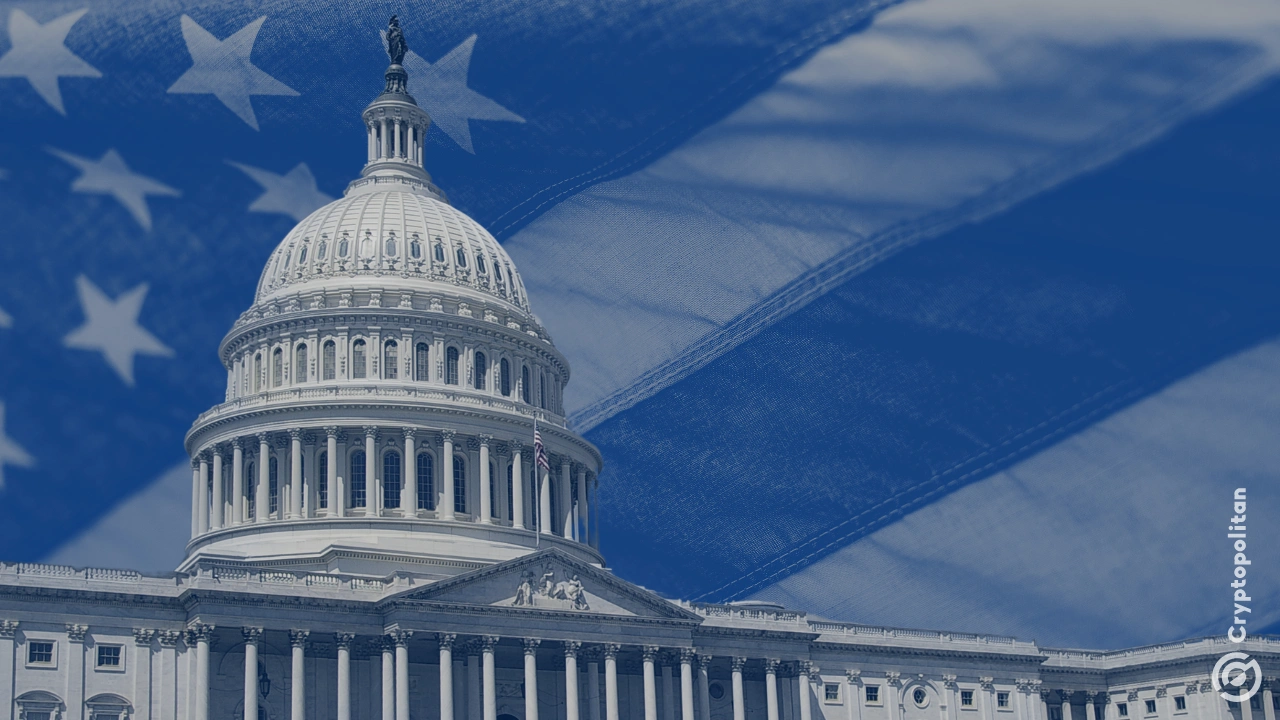The U.S. Chamber of Commerce has filed a lawsuit against President Trump’s administration to stop the new $100,000 H-1B visa fee, arguing that it violates U.S. immigration law and would devastate businesses that depend on skilled foreign workers.
The case is the first legal challenge the Chamber has brought against Trump this term, according to court filings lodged on Thursday in the U.S. District Court for the District of Columbia.
The Chamber the fee as “not only misguided policy” but “plainly unlawful,” and asked the court to strike down the rule as an abuse of executive power.
Before this change, H-1B visa costs were usually below $5,000, excluding attorney fees. But under Trump’s new rule, companies would have to pay $100,000 per visa, a twentyfold increase. For industries like technology, manufacturing, education, health care, and finance, the Chamber warned, this could shut off access to specialized workers altogether.
Chamber warns the new fee will hurt U.S. businesses
“The new $100,000 visa fee will make it cost-prohibitive for U.S. employers, especially start-ups and small and midsize businesses, to utilize the H-1B program, which was created by Congress expressly to ensure that American businesses of all sizes can access the global talent they need to grow their operations here in the U.S.,” Neil Bradley, executive vice president at the U.S. Chamber, said in a statement.
The Chamber’s decision to sue is striking because it has mostly stayed silent on other controversial Trump policies, like the nasty tariffs that have caused turmoil for small manufacturers. This time, however, the group said the new H-1B structure would hurt American competitiveness and block innovation.
The White House announced the rule in mid-September, triggering confusion across companies that sponsor H-1B workers and among the visa holders themselves. Many feared losing their legal status, until the administration clarified that current H-1B holders were exempt from the change. Each year, the government issues about 85,000 new H-1B visas, selected through a lottery from roughly 425,000 applications. Universities are exempt from that cap, but the rest of corporate America must compete fiercely for those limited slots.
White House defends the move and introduces gold card option
Taylor Rogers, a White House spokeswoman, defended the new fee, calling it “lawful” and “a necessary, initial, incremental step toward reforms.” She said, “President Trump promised to put American workers first, and his commonsense action on H-1B visas does just that by discouraging companies from spamming the system and driving down American wages, while providing certainty to employers who need to bring the best talent from overseas.”
Commerce Secretary Howard Lutnick had said last week the $100,000 price was chosen to stop companies from using H-1B visas for entry-level hires and instead target “the great engineers” and “impressively detailed executives.”
At the same event, Trump signed an executive order allowing wealthy foreigners to pay $1 million for a “gold card” giving them U.S. residency, and corporations to pay $2 million for a “corporate gold card” letting them sponsor one or more employees.
Despite its lawsuit, the Chamber still acknowledged some of Trump’s economic achievements. Bradley said, “President Trump has embarked on an ambitious agenda of securing permanent pro-growth tax reforms, unleashing American energy, and unraveling the overregulation that has stifled growth.” But he noted that long-term expansion “will require more workers, not fewer.”
Bradley added that Trump has repeatedly said he wants to “educate, attract, and retain the world’s best and brightest in the U.S.,” and the Chamber “shares that goal.” The organization maintains that the H-1B program, when priced fairly, is essential for keeping America’s workforce competitive and ensuring that U.S. companies don’t lose access to the specialized talent needed to stay ahead in global markets.
If you’re reading this, you’re already ahead. Stay there with our newsletter.











